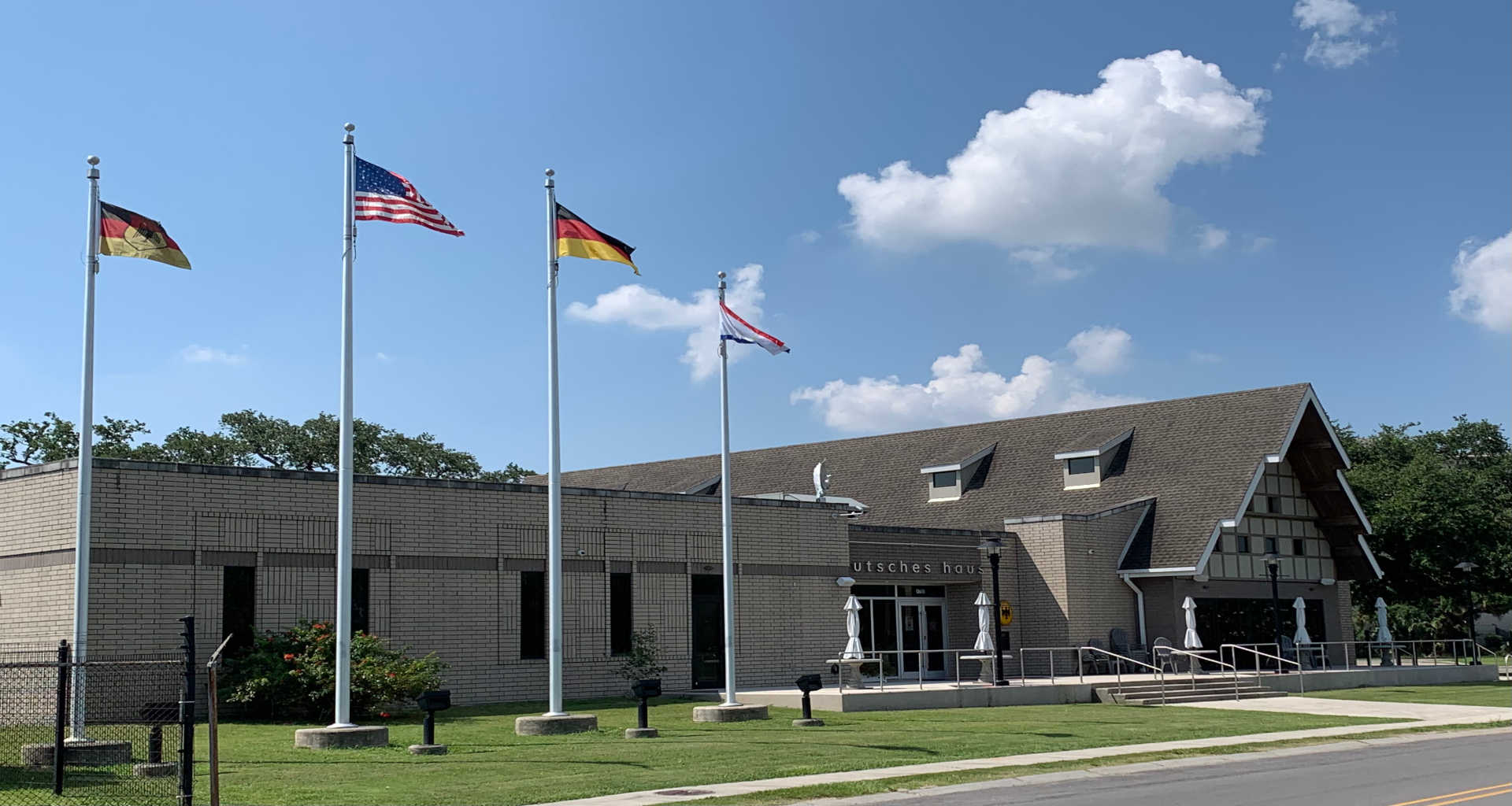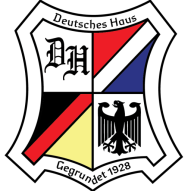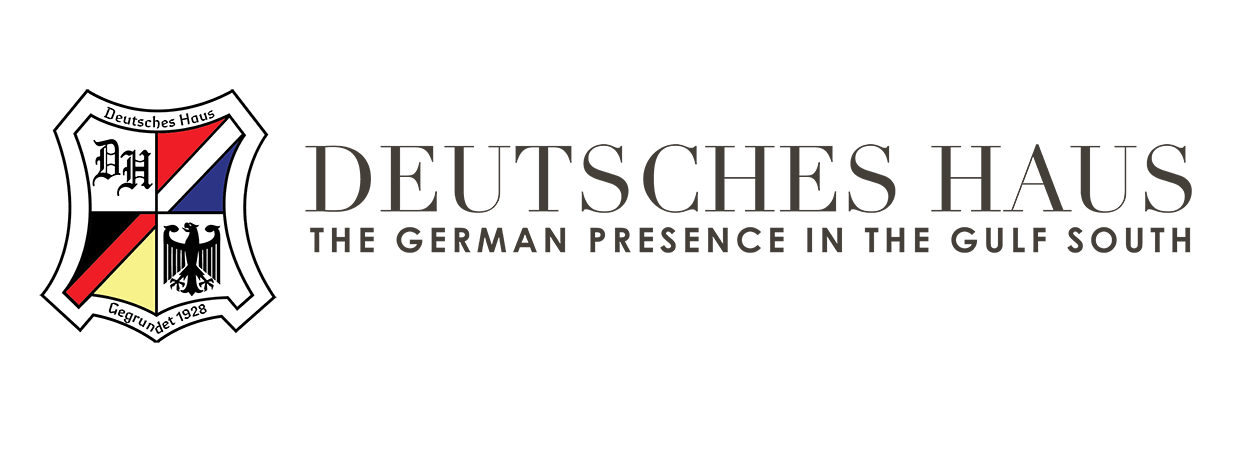19th Century
Early German Roots in New Orleans
- 1847: Die Deutsches Gesellschaft von New Orleans (German Society of New Orleans) founded to assist newly arriving German immigrants.
- 1851: Turnverein von New Orleans (Turners’ Society) established, promoting physical, cultural, and civic life.
- Mid-1800s–1880s: Numerous German singing and benevolent societies form:
- Harugari Maennerchor (1880s)
- Deutsches Maenner Unterstuetzungsverein (1888)
- Other singing societies: Maennergesangsverein, Liedertafel, Liederkranz, Frohsinn, and the Quartet Club.
Early 20th Century
War & Resilience
- 1917: WWI sparks anti-German sentiment; Louisiana law prohibits public use of German language and culture. Many clubs disband.
- Post-WWI: German Society of New Orleans continues promoting German-American friendship and culture despite setbacks.
Formation of Deutsches Haus
- 1928:
- Nov 18: Deutsches Haus officially opens at 200 South Galvez Street.
- Founding organizations: German Society, Turners, Harugari Maennerchor, and German Men’s Benevolent Society.
- 1929: Deutsches Haus forms its own choir: Deutsches Haus Saengerchor.
1930s-1940s
Community & Growth
- 1930s: Heidelberg Hall added as a bowling alley—one of the first in the city.
- Post-WWII: Deutsches Haus experiences lean years but survives.
Cultural Revival
- 1984: German Beer Garden at the Louisiana World Exposition revitalizes interest. Membership grows to 300.
2005-2010
Katrina & Relocation
- 2005: Hurricane Katrina devastates the Haus (6 feet of water). Members rebuild and hold Oktoberfest in 2006. Membership reaches 600.
- 2008: Notified that the site would be used for a VA medical complex.
- 2010: Final Oktoberfest at original site; building is torn down.
2010-2017
Temporary Home in Metairie
- Haus relocates to rented American Legion building in Metairie for 7 years.
- Oktoberfest held in Kenner’s Rivertown during this time.
- Membership holds steady (500–600), and plans begin for a new facility in New Orleans.
2018-TODAY
A New Era…
- Nov 18, 2018: New Deutsches Haus opens on Bayou St. John, 90 years after the original.
- Serves as a cultural center celebrating German heritage through festivals like Oktoberfest, Volksfest, Weindorf, and Christkindlmarkt.
Deutsches Haus is proud to be one of the oldest and largest cultural membership organizations in New Orleans, with over 1,600 members. As a volunteer-run nonprofit with 501(c)(3) status, we’re governed by an 11-member Board of Directors and guided by a mission to celebrate and preserve the rich culture, language, music, and history of the Germanic people.
Deutsches Haus is home to several cultural groups that keep German traditions alive through music and fellowship. Our men’s and women’s choirs — the Männerchor and Damenchor — celebrate and preserve German musical heritage through song. We also host Schlaraffia, an international German-speaking fraternity that gathers at the Haus to promote friendship, art, and humor.
We’re also proud stewards of one of the largest private archives of German memorabilia in the United States. Now housed at the Historic New Orleans Collection, the archive includes historic German newspapers and periodicals, genealogical records, sheet music, membership rolls from early singing societies, Deutsches Haus documents, photographs, and more — preserving over a century of local German-American history.
Our History, Purpose, and Mission
The Deutsches Haus opened its doors on Sunday, November 18, 1928, and started a new chapter in the history of Germans in New Orleans. 1928 is not the beginning; on the contrary, the decision to purchase the Cumberland Telephone and Telegraph Exchange building at 200 South Galvez St. was the culmination of years of work and aspirations. It became the home for the German social and charitable organizations in the city, and a focal point for German culture.
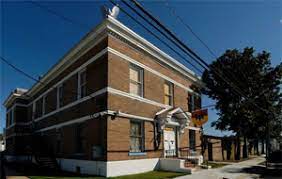
There were many German organizations in New Orleans that functioned separately from one another. Sometimes they got along and at other times they did not. German immigration slowed and more and more of the earlier immigrants considered themselves American. With the outbreak of World War I the Louisiana legislature passed Act 114, aimed directly at Germans, that made speaking German in public illegal and any expression of German culture and heritage was prohibited. Therefore, after World War I many of the German clubs in the city disbanded.
The formation of the Deutsches Haus is the history of these organizations, which were established in the 19th century, and which collectively had experienced the tumultuous history from Antebellum times to the post World War One era.
The Die Deutsches Gessellschaft von New Orleans, (The German Society of New Orleans) was an immigrant aid group founded in 1847 by German New Orleans citizens, and the consuls of New Orleans from German lands (Bavaria, Prussia, Nassau, Hannover) who were concerned about the extraordinarily difficult conditions affecting German speaking immigrants arriving at the port of New Orleans. The Society helped immigrants upon arrival to find, or to connect with residents of New Orleans to find work and shelter. They also assisted to secure passage up the river to their final destinations in the Mid-West. It organized assistance for German victims of the many yellow fever epidemics, and worked to prevent ships carrying Germans from landing in New Orleans when disease was in the city. The Society offered assistance to some 250,000 immigrants during its first 50 years of activity according to the organizations records.
The Turners’ Society of New Orleans (Turnverein von New Orleans) was part of an international movement of German people devoted to physical and spiritual health and citizenship. Established in 1851, the New Orleans Turnverein was one of the earliest in the United States. Turner societies would organize gymnastic activates, singing societies, maintained lending libraries, and promoted political activity.
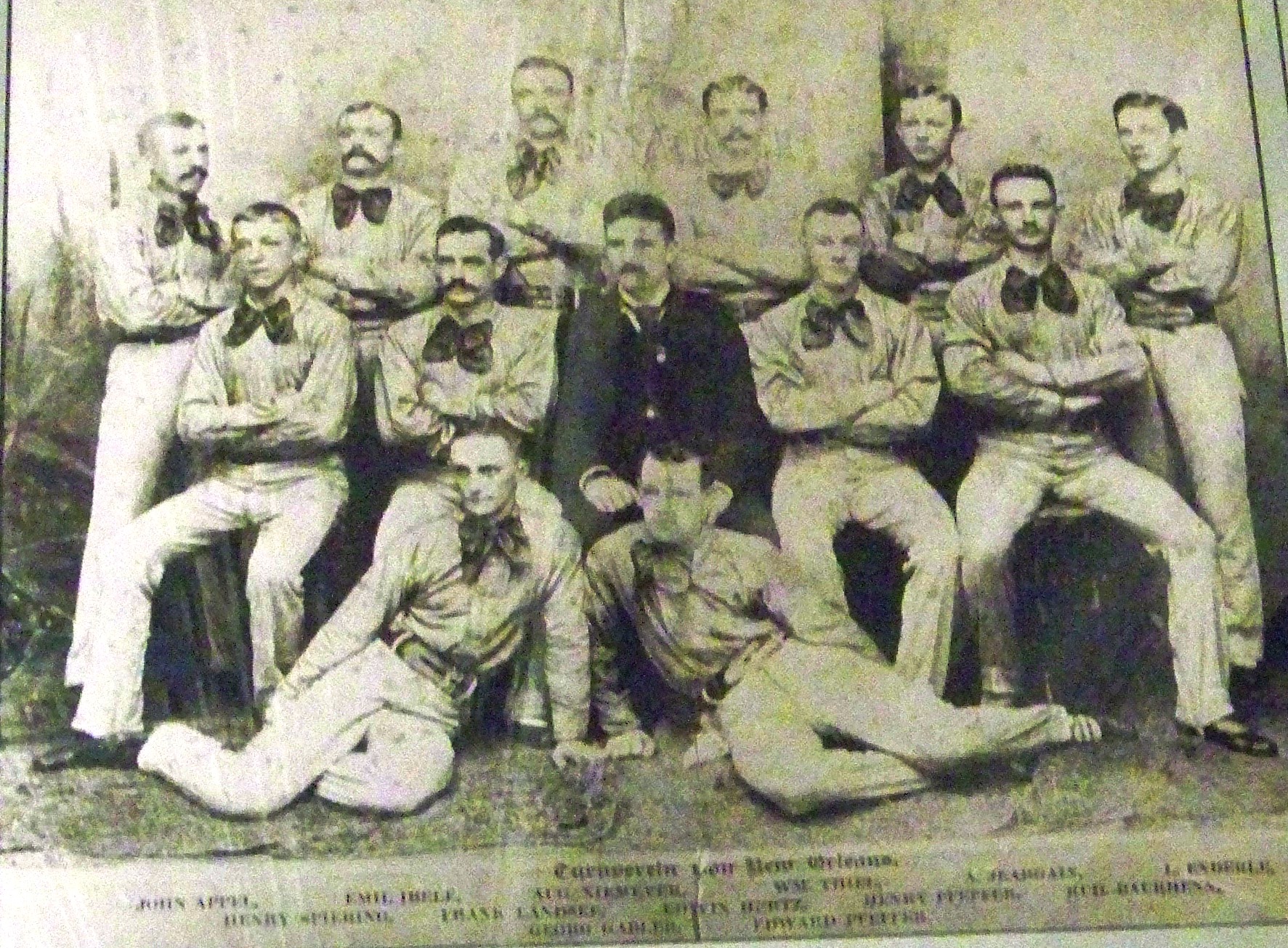
Die Deutsche Gesellchaft and the Turnverein were the two most significant groups to contribute to the establishment of the Deutsches Haus, but there were others.
The Harugari Maennerchor, the local chapter of an International German singing society founded in New Orleans in the mid-1880, and the benevolent society Deutsches Maenner Unterstueztungsverein (German Men’s Benevolent Society) founded in 1888.
In the 19th century, there were many other German singing Societies in New Orleans including, Maennergesangsverein, Liedertafel, Liederkranz, Frohsinn, and the Quartet Club. (The Deutsches Haus would go on to form its own Maennerchor, Deutsches Haus Saengerchor, in 1929.)
Making one club was not an easy task. It is important to point out the German social and political scene in New Orleans was not exactly harmonious. The German Society of New Orleans throughout the 1850’s spent considerable time and money promoting its accomplishments in the local German press. The initiatives that attempted to connect the entire German community of the region had to be pursued with the utmost care and political caution.
World War One brought with it a new challenge for the German community of the region. The Deutsches Haus is proof of their resilience. The German Society of New Orleans did not cease to exist in 1917, and after the war, it dedicated itself to promoting German-American friendship, and the importance of German culture in New Orleans. By 1928 the Society signed a resolution with the Turners, the Harugaris, and the Deutsche Maenner Unterstueztungsverein to form the Deutsches Haus. The archives of these founding organizations, and other German societies, along with early Deutsches Haus records can be found at THE HISTORIC NEW ORLEANS COLLECTION. hnoc.org
The first President of the Deutsches Haus was Sigmund Odenheimer. Odenheimer was a member of the Deutsches Gesellschaft. He was also the manager and owner of Lane Cotton Mills, and was on the Audubon Park Commission where he donated the Sea Lion pool and fountain at the Audubon Zoo.
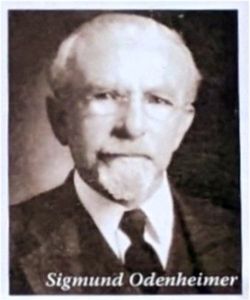
In the 1930’s the Heidelberg Hall building was added to the Haus and served as a bowling alley. This bowling alley was one of the first in the city of New Orleans. The original wood from these lanes now serve as the bar top in the Bierstube in the new Deutsches Haus.
Expanding on its foundation, the Deutsches Haus grew into an organization with a mission to celebrate and foster the culture, musical heritage, language, and history of the German people. Various festivals introduce German heritage to the New Orleans population, the largest of which is the annual Oktoberfest. Some other annual festivals are the Volksfest, Weindorf, and Christkindlemarkt.
The Haus had some lean years following World War II. The Haus had a rebirth, beginning with the 1984 Louisiana World Exposition held in New Orleans. The German Beer Garden at the Expo was a fan favorite. Membership at the Haus grew to 300.
In August 2005, the city of New Orleans was stuck by Hurricane Katrina. The Haus was nearly destroyed, taking on 6 feet of water. With the entire area destroyed, it was through the heroic efforts of the membership, some of which had lost their own homes, that the Haus would rebuild itself enough to hold its annual Oktoberfest celebration in 2006. Membership again started to grow, getting up to 600 members. Re-construction improvements continued to enhance the property.
It was in 2008 that the Haus received the official news that the State of Louisiana and the Veterans Administration were going to build a state of the art, modern medical complex encompassing the neighborhood where the Deutsches Haus stood. We held our last Oktoberfest on the site in October of 2010. The building was then torn down.
The Haus would move out to Metairie, LA, where we rented an American Legion building for the next 7 years. (membership remained in the 500 to 600 range) The dedication of the membership to return to New Orleans was great. The membership would go on to design its new facility and raise the funds to build a representative building of the German culture. We were able to acquire property, formerly owned by the State of Louisiana, on the banks of Bayou St. John.
The Haus would hold its annual Oktoberfest in the City of Kenner, Rivertown area for several years until construction started on the new facility. We thank the City of Kenner for all of its assistance in making this happen.
On Sunday, November 18, 2018, the Deutsches Haus opened its doors and embarked on a new journey, and started another chapter in German history; one of legacy, tradition, history, culture, language, and understanding. Located on the banks of Bayou St. John; it is the center of German activates and Gemutlichkeit in New Orleans and the Gulf South.
